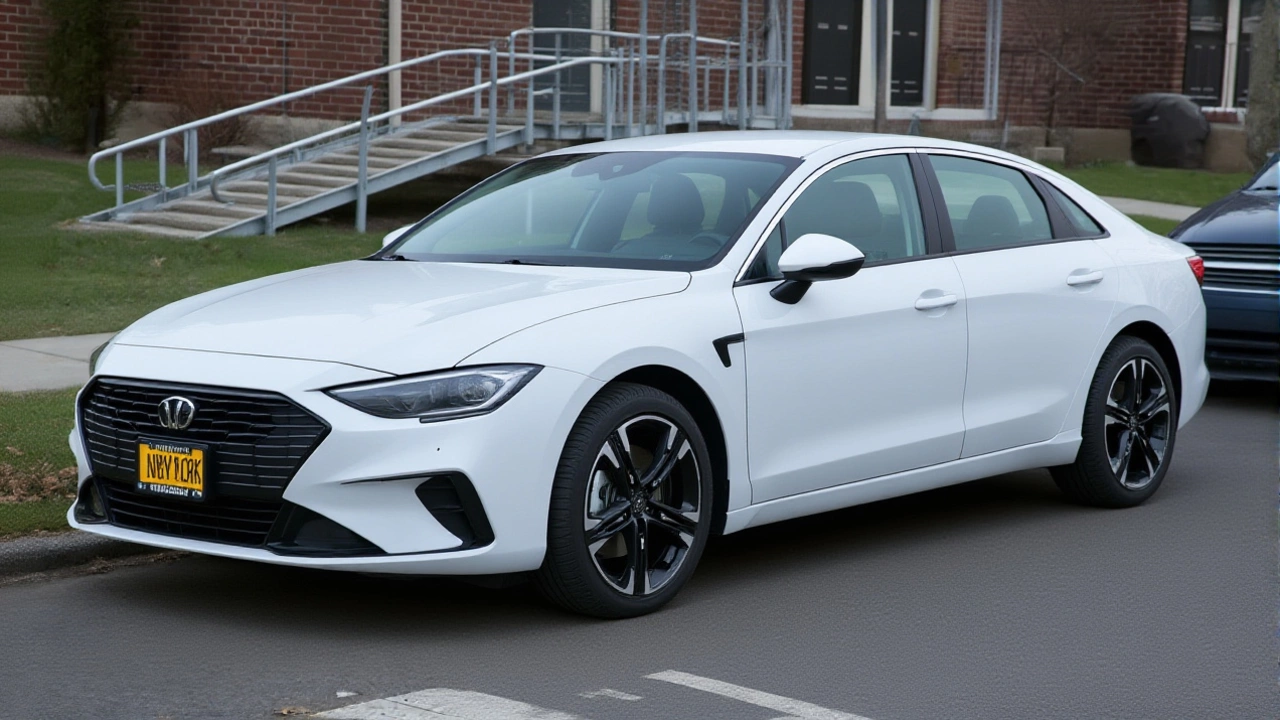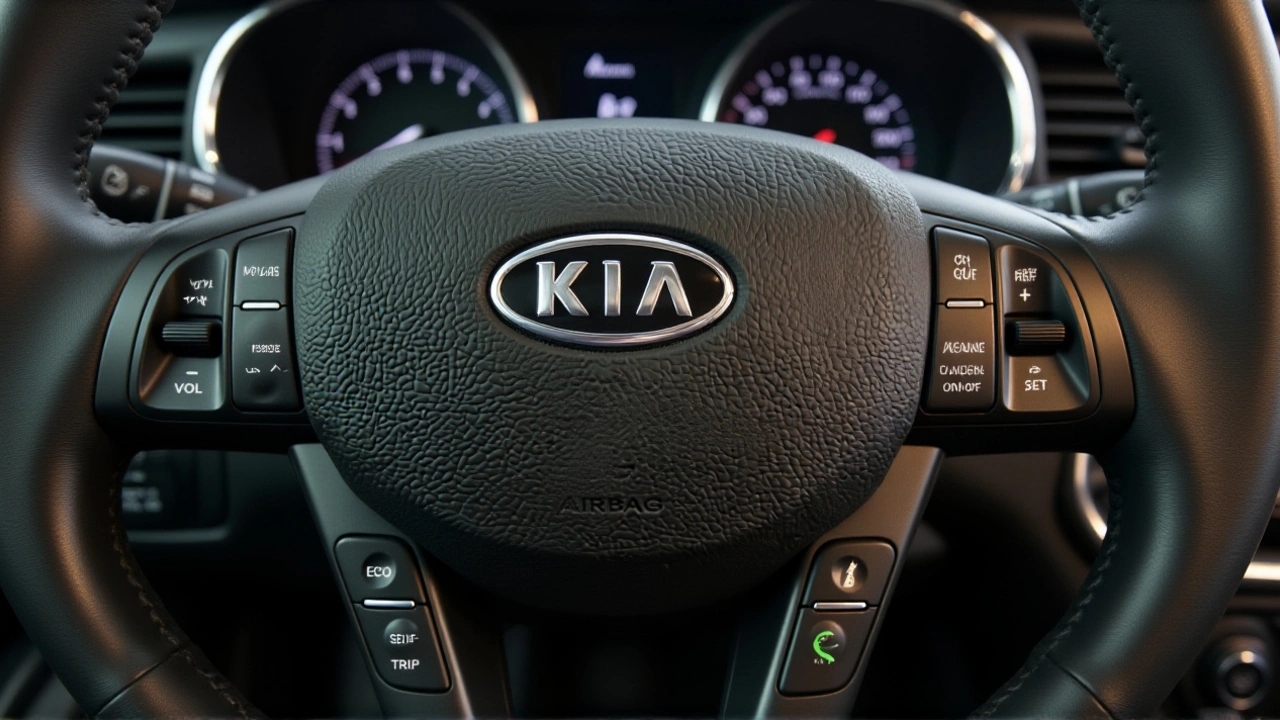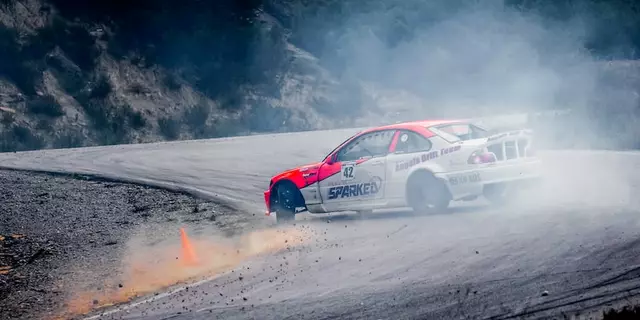
More than 335,000 sedans on U.S. roads are now under recall because a tiny, faulty part could turn their fuel tanks into ticking time bombs. Hyundai Motor America and Kia America are recalling 85,000+ Hyundai Sonata models from 2020 to 2023 and exactly 250,500 Kia K5 sedans from 2021 to 2024. The culprit? A defective check valve in the fuel system. It sounds minor—until you realize it can cause the tank to swell, rub against hot exhaust pipes, and melt open. No warning. No warning lights. Just fire.
How a Small Valve Can Cause a Big Fire
The problem starts with a plastic check valve designed to regulate fuel vapor pressure. Over time, exposure to heat and pressure can crack it. Once compromised, air seeps into the sealed fuel tank. That air mixes with fuel vapors, creating pressure that expands the tank outward. When that expanded tank brushes up against the exhaust manifold—often located just inches below—it rubs. And rubs. And rubs. Until the plastic softens, then melts. Fuel leaks. Sparks fly. And boom: fire.That’s not speculation. It’s what happened during internal testing by both automakers. The National Highway Traffic Safety Administration (NHTSA) confirmed the pattern after reviewing the manufacturers’ reports. No injuries have been reported yet—but the risk is real enough that regulators didn’t wait. The recall is classified as a Class 1 safety defect: the highest severity level. Meaning, if left unaddressed, this could kill someone.
Who’s Affected and When Will They Know?
The affected vehicles are spread across all 50 states. Owners of 2020–2023 Sonatas and 2021–2024 K5s are in the crosshairs. That’s not just a few hundred cars—it’s nearly a third of a million families who may be driving with a hidden hazard.Notifications won’t arrive until January 16, 2026. Yes, that’s over a year away. Why? Because the manufacturers need time to source replacement parts and train dealerships. But here’s the thing: you don’t have to wait. If you own one of these cars, check your VIN right now on the NHTSA website. The system is live. You can also call Hyundai Motor America at 855-371-9460 (recall 286) or Kia America at 800-333-4542 (recall SC356). Don’t wait for the letter.

The Fix—And Why It’s Free
The remedy is straightforward, but critical. Dealers will replace the faulty check valve. They’ll inspect the fuel tank for signs of damage or warping. If it’s compromised, they’ll swap it out—no charge. For Hyundai Sonatas, they’ll also update the engine control unit software to better monitor fuel pressure and reduce stress on the system.And here’s the kicker: under U.S. law, you pay nothing. Not for parts. Not for labor. Not even for a diagnostic scan. The manufacturers absorb every cost. That’s not generosity—it’s legal obligation. The National Traffic and Motor Vehicle Safety Act requires automakers to fix safety defects at their own expense. Period.
But the timeline matters. The recall campaign will run for years. Not because the fix is complicated—it’s not—but because there are so many vehicles. Expect delays at dealerships as demand spikes. Schedule early. Don’t wait until the last minute.
Why This Recall Matters Beyond the Numbers
This isn’t just about two car models. It’s about trust. Consumers buy sedans like the Sonata and K5 because they’re reliable, affordable, and safe. This defect undermines that. And while both Hyundai and Kia have strong safety reputations—Kia’s 2023 K5 earned a Top Safety Pick+ from IIHS—it’s a reminder that even well-built cars can have hidden flaws.What’s striking is how quietly this unfolded. No public outcry. No viral videos. Just engineers inside the Hyundai Motor Group noticing an anomaly during durability tests. They reported it to NHTSA. They didn’t delay. They didn’t downplay. They moved fast. That’s the system working as it should.
Still, it’s sobering. One plastic valve. One moment of heat stress. One wrong contact point. And suddenly, a family car becomes a potential death trap. That’s why NHTSA exists—not to punish automakers, but to make sure they can’t afford to ignore the risks.

What’s Next?
By mid-2027, most of these vehicles should be repaired. But NHTSA will keep monitoring. If another 10,000 vehicles turn up with the same defect next year, expect a new recall. And if dealers report delays or parts shortages, the agency may step in with tighter deadlines.For now, the advice is simple: check your VIN. Don’t assume you’re safe. Don’t wait for the letter. If your car’s on the list, book the repair as soon as possible. And if you’ve ever smelled gasoline near your exhaust—or noticed the fuel gauge acting weird—get it checked immediately. Even if you’re not on the recall list. Better safe than sorry.
Frequently Asked Questions
How do I know if my Hyundai Sonata or Kia K5 is included in the recall?
Visit the NHTSA website and enter your 17-digit VIN. The system will instantly tell you if your vehicle is affected. You can also call Hyundai at 855-371-9460 (recall 286) or Kia at 800-333-4542 (recall SC356). Don’t rely on your model year alone—some vehicles within those years were built with the correct valve and are exempt.
Can I still drive my car before the repair?
Yes—but with extreme caution. Avoid long highway drives, especially in hot weather. Park away from structures or flammable materials. If you smell fuel, hear a hissing noise, or see any bulging near the rear fuel tank area, stop driving immediately and call for roadside assistance. The risk isn’t immediate, but it grows with heat exposure and mileage.
Why is the notification date so far in the future—January 2026?
Manufacturers need time to produce and ship replacement parts and train thousands of dealers. NHTSA approved this timeline because the defect develops slowly over time, reducing the urgency for an immediate recall. But owners are urged to act before the letter arrives—parts may be limited, and delays are expected once repairs begin.
Will this recall affect my car’s resale value?
Potentially, yes—until the repair is completed. Buyers may hesitate, and trade-in values could dip slightly. But once the check valve is replaced and documented, the recall status clears from vehicle history reports. Keep your repair receipt. It’s proof you fixed the issue, and it can help maintain your car’s value.
Are other Hyundai or Kia models affected?
Not currently. Only the 2020–2023 Sonata and 2021–2024 K5 are included. Other models like the Elantra, Avante, or Optima use different fuel system designs. But Hyundai and Kia have said they’re reviewing other models for similar vulnerabilities. Stay alert for future recalls.
What happens if I ignore the recall?
You’re putting yourself and others at risk. A melted fuel tank can cause a fire while driving, parked, or even after turning off the engine. Insurance may not cover damage if you ignored a known safety recall. Worse, if a fire causes injury or death, you could face legal liability. This isn’t a paperwork issue—it’s a life-or-death fix.



